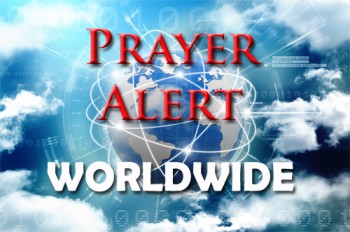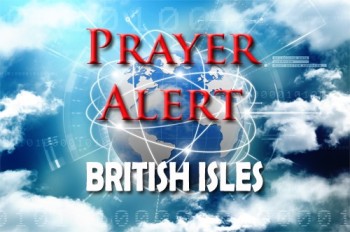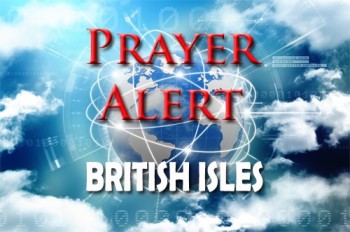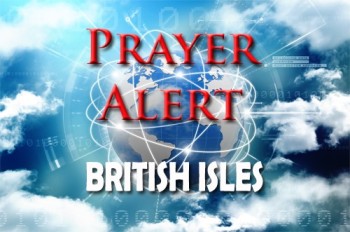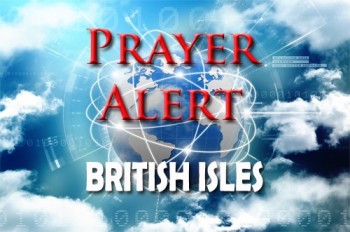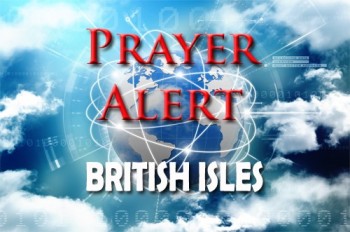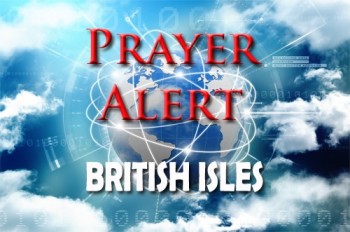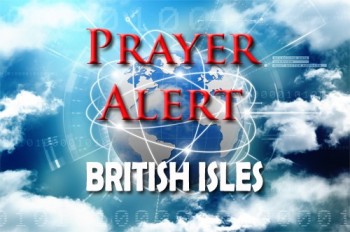Displaying items by tag: vaccination
USA: vaccine projects lose funding
The US health department is to cancel $500 million in funding for 22 mRNA vaccine projects targeting viruses such as flu and Covid-19, including those by Pfizer and Moderna. Health Secretary Robert F Kennedy Jr, a vaccine sceptic, claimed mRNA technology poses more risks than benefits for respiratory viruses. Health experts strongly disagreed, noting that the vaccines were pivotal in slowing Covid-19 and saving millions of lives. They warned that withdrawing support undermines one of the most effective tools for pandemic preparedness. Kennedy argued the department would fund alternative vaccine platforms with broader safety records. However, experts say that viruses mutate naturally and that mRNA vaccines are remarkably safe, effective, and faster to develop than traditional vaccines. The decision is part of broader changes Kennedy has made to vaccine policy, including removing Covid vaccines from the recommended immunisation schedule for healthy children and pregnant women.
Stark warning after measles outbreaks in parts of England
Health experts have issued a stark warning as measles cases surge in England, largely due to a rise in unvaccinated children. In 2023, there were 1,603 suspected measles cases in England and Wales, a significant increase from the previous two years. The West Midlands is currently experiencing the most severe outbreak, with 198 confirmed and 104 probable cases, primarily among unvaccinated school-age children in Birmingham. Its Children’s Hospital reports treating over fifty children for measles in the past month, the highest number in decades. Measles, a highly contagious disease, requires 95% vaccine coverage to achieve herd immunity. However, vaccination rates have dropped below 90%, increasing the risk of severe infections, brain damage, and even death. Professor Sir Andrew Pollard stresses the urgent need for more vaccinations to prevent hospital admissions and fatalities. The UK, which has lost its measles-free status due to declining MMR vaccinations, faces potential outbreaks if vaccination rates do not improve. The NHS is urging parents to ensure their children receive two doses of the MMR vaccine to curb the spread of this serious disease.
Covid jab skipped by 44%, study finds
A study published in the Lancet, focused on the summer of 2022, highlights that over 7,000 hospital admissions related to Covid-19 could have been prevented if the population had been fully vaccinated as recommended. The study analysed health records of the entire UK population over five years old. It found significant under-vaccination rates across the UK, with the highest in Northern Ireland (49.8%) and the lowest in Wales (32.8%). Different groups were recommended varying numbers of vaccine doses based on age and health conditions. The study also noted a correlation between under-vaccination and increased rates of severe illness, hospitalisation, and deaths from Covid. The research aims to inform public health campaigns and identify groups with lower vaccination rates, such as younger people, men, and those in poorer areas or from ethnic minorities. The potential of using large-scale NHS data for broader medical research was also emphasised. For more details, see the full article at the ‘More’ link below.
Prepare for fourth Covid jab
In a paper published on 18 January, the Tony Blair Institute (TBI) said the Government should develop infrastructure to allow it to mobilise new vaccination campaigns within 48 hours. With the likelihood of more Covid variants emerging, a fourth vaccination may soon be needed. TBI says the ability to respond to future outbreaks would depend on a better approach to command and control through a strong, coherent public-health emergency operations centre. Currently governments react, rather than work to ‘stay ahead of the curve. A renewed effort to inoculate 6.2 million still unvaccinated is needed. The unvaccinated are 43% of hospital admissions. TBI suggests using anthropological research and behavioural science to understand why people are not adhering to public health guidance and getting their Covid shots. See
USA: Christian / Jewish unity
Evangelical Christians and Orthodox Jews in Washington have united to offer their sacred spaces for vaccine distribution to assist government and private companies to combat the pandemic. Walter Kim, of the National Association of Evangelicals, and Rabbi Moshe Hauer, of the Orthodox Union, stated, ‘Anyone in need of vaccination, whether or not they are members of our congregations or of our neighborhoods, is welcome.’ They offered to help with coordinating appointments and providing the medically trained volunteers to administer the shots, as well as spreading awareness to our communities about the importance of vaccination. Hauer said that everything about his faith compels him to contribute to the historic vaccination effort. His tradition teaches that not only is life the greatest gift from God, but it is an obligation to care for the well-being of others.
Vaccine misinformation
Sir Keir Starmer said that faith leaders are vital in encouraging BAME communities to take the Covid-19 vaccine. Amid low confidence concerning vaccines among ethnic minorities, Labour is partnering with church leaders in its Let's Vaccinate Britain campaign. Sir Keir said, ‘I'm a big believer in the importance of faith. In a pandemic there is a role for faith leadership. Communities will listen to faith leaders in a way that they may not necessarily listen to politicians and others.’ Senior NHS figures have previously expressed concern that people in some BAME communities are reluctant to take the vaccine for religious reasons or concerns about ‘unethical’ experiments carried out in the last century. Also misinformation on the internet about the pandemic and the vaccines is contributing to their distrust.
Vaccination news
Hope is on the horizon. Health secretary Matt Hancock predicted that every adult would be offered a Covid vaccine by the autumn, as regular rapid testing for people without coronavirus symptoms started this week. Some high street pharmacies started vaccinating people from priority groups on 14 January, with 200 providing jabs in the following two weeks. The chemists will offer appointments to those invited by letter. Anyone who does not want to travel to these sites can still be vaccinated by their local GP or hospital service, but they may have to wait longer. Over 2.6 million people have now received their first dose.
Concerns over changed Covid vaccine timeline
A survey of 1,318 doctors by Everydoctor found medics who have had their first dose of a Covid vaccine, but their appointments for the second dose have been cancelled as the Government's new policy attempts to give as many people as possible some immunisation. Now the two doses are separated by twelve weeks, not three. Dr Julia Patterson, the lead for Everydoctor, said doctors fear that delaying the second dose which they need to obtain full immunity could lead to them becoming ill or infecting colleagues or patients. In the survey, 13% said that they had received one vaccine dose but their second appointment for immunisation had been cancelled. Another 517 (39%) said they had still not been told when they would have their first dose. ‘The Covid-19 crisis is escalating, and we urgently need to protect frontline workers. If healthcare workers are left unprotected, they are at risk themselves, and they may also pass coronavirus on to vulnerable patients’, said Dr Patterson.
Vaccination programme
On 8 December a mass Covid-19 vaccination programme began, starting with the elderly, health workers, and carers. The next day, after two NHS workers suffered allergic reactions to the vaccine, a warning was issued that such people should not be given it. Both women have a significant history of allergic reactions and need to carry an adrenaline auto-injector with them. There are still many questions that the public have over the vaccine’s safety: see Many are asking, ‘How can we be sure the vaccine is safe with such a short testing period?’ Pray for the WHO, scientists, and experts on human medicine to be given enough media coverage to answer all fears and questions clearly, so that the anti-vax misinformation in social media is silenced. See also
Catholic bishops comment on vaccine
Catholic leaders are encouraging people to receive Covid vaccines despite some ethical concerns regarding their creation, and fears of committing a sin by being immunised. The bishops’ conference has urged people to disregard the rumours that the AstraZeneca vaccine may have been made from aborted foetal tissue, namely the lung tissue of an aborted male foetus. However, researchers at the University of Bristol said that the aborted tissue was not part of the vaccine, but only used for testing it. While the researchers said they injected the vaccine into MRC-5 cells derived from an aborted foetus to test its effectiveness, the vaccine itself does not contain MRC-5 cells.
